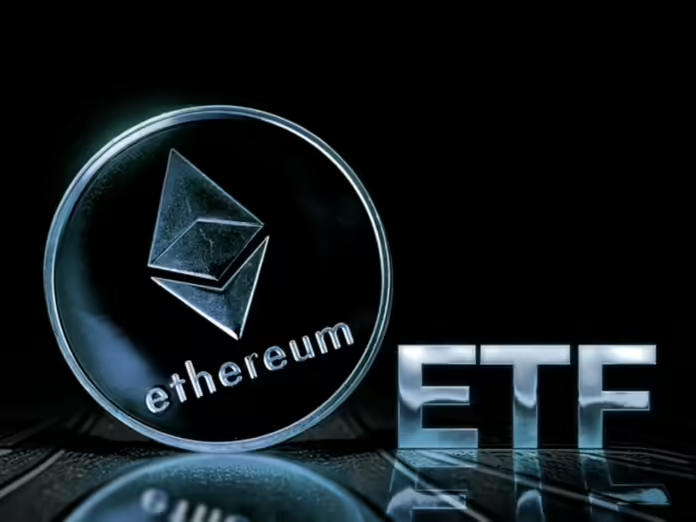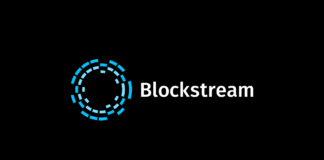In a recent filing with the United States Securities and Exchange Commission (SEC), Invesco disclosed the management fee for its Ether ETF. The fund, which is being developed in partnership with Galaxy Digital, will charge investors a 0.25% annual fee. This fee structure places Invesco’s offering slightly higher than VanEck’s proposed Ether ETF, which has a management fee of 0.20%.
The Ether ETF market is shaping up to be a hotly contested space, with several prominent asset managers jockeying for position. Invesco, a global investment management firm, has emerged as a key player in this arena, joining the likes of VanEck, Grayscale, and others in the quest to launch the first Ether-backed ETF in the United States.
The fee charged by Ether ETF issuers is a critical factor that will influence investor decision-making. As the Ether ETF market becomes increasingly crowded, fees will play a pivotal role in differentiating products and appealing to investors. Historically, management fees have been a key consideration for investors, with lower fees generally seen as more attractive.
Grayscale’s Lesson on Fees
The Ether ETF fee race is not occurring in a vacuum. Investors need only look to the example of Grayscale’s Bitcoin Trust to understand the potential impact of fees. Grayscale’s trust, which charges a 1.5% management fee, has faced significant outflows in recent years as investors gravitated towards lower-cost alternatives.
Related Read: SEC May Approve Spot Ethereum ETF by July 4
Balancing Fees and Fund Maintenance
The management fees charged by Ether ETF issuers are necessary to cover the costs associated with running and maintaining the fund. These expenses can include marketing, salaries, and custodial services. However, as the competition intensifies, asset managers will need to strike a delicate balance between keeping fees low and ensuring the long-term viability of their Ether ETF offerings.
According to industry analysts, most spot Bitcoin ETF issuers have settled on management fees ranging from 0.19% to 0.30%. This fee range is likely to be mirrored in the Ether ETF market, with Invesco’s 0.25% charge falling squarely within this expected range.
With multiple Ether ETF proposals currently under review by the SEC, the competition to capture market share is intensifying. Issuers are not only vying for the coveted title of the first Ether ETF, but they are also jockeying to establish themselves as the premier provider of this investment vehicle.
While fees are a crucial consideration, investors in the Ether ETF market will also weigh other factors, such as fund liquidity, tracking accuracy, and the overall reputation and experience of the asset manager. Issuers that can deliver a well-rounded and compelling product offering will have a distinct advantage in this rapidly evolving landscape.
Related Read: The Blackrock Bitcoin ETF (iBIT) displaces Grayscale GBTC to become the market’s largest spot Bitcoin ETF.
The Regulatory Landscape and Ether ETF Approval
The launch of Ether ETFs in the United States is contingent on obtaining regulatory approval from the SEC. The commission has been cautious in its approach, carefully scrutinizing the various proposals to ensure investor protection and market stability. The successful approval of these funds will be a significant milestone for the cryptocurrency industry, paving the way for increased institutional adoption of Ether.
Disclaimer: The information provided in this article is for informational purposes only and should not be considered financial or investment advice. The author is not affiliated with any entities mentioned in the article. Please do your own research before engaging in any cryptocurrency-related activities. Hash Herald is not responsible for any loss in the market













